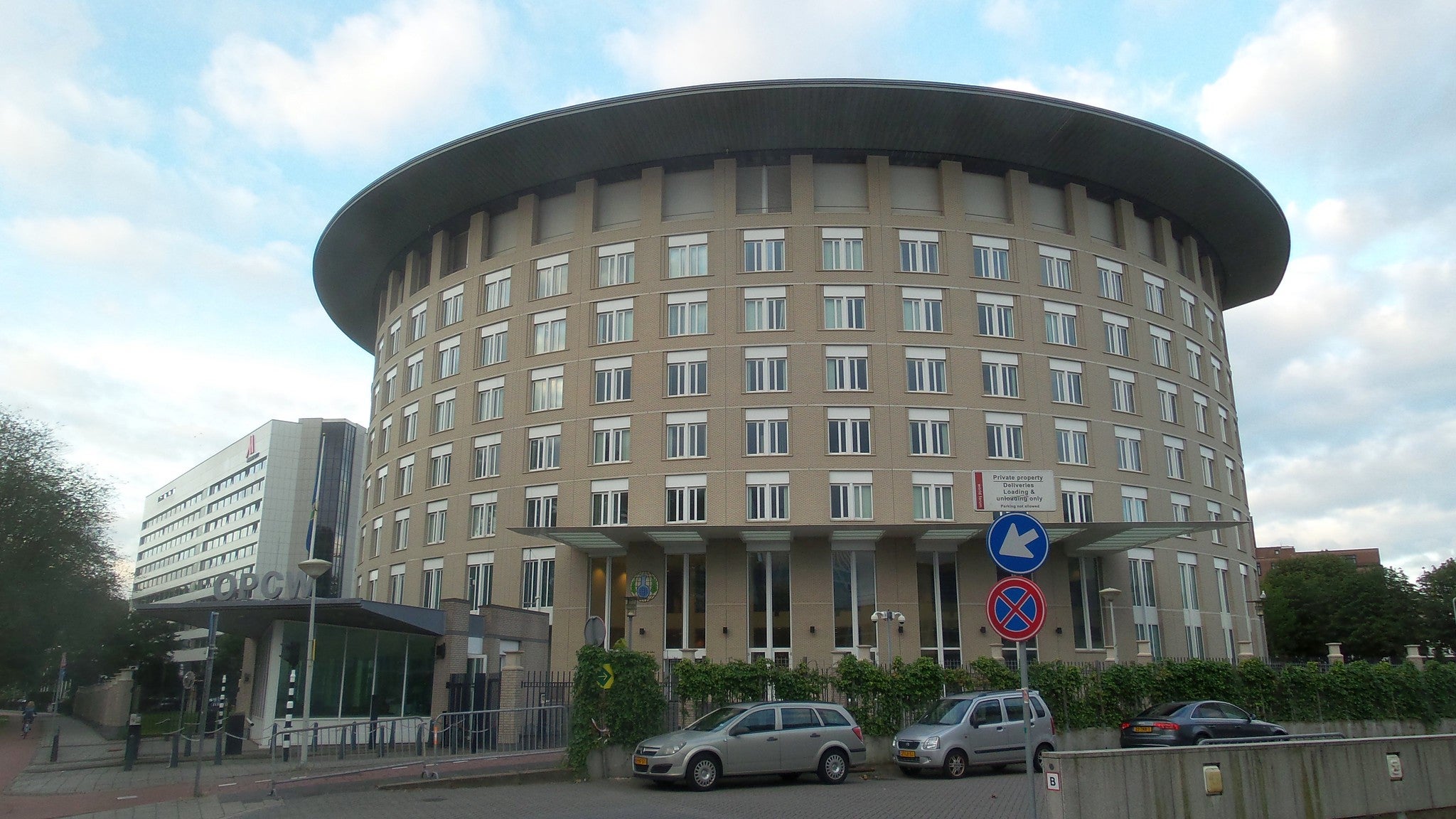
An investigation by global chemical weapons watchdog Organisation for the Prohibition of Chemical Weapons (OPCW) has found strong evidence that Syria dropped a chemical weapon on the town of Saraqib, Syria, in 2018.
This is the second report by the United Nations (UN)-backed organisation in the last year on the alleged use of chemical weapons in the country.
How well do you really know your competitors?
Access the most comprehensive Company Profiles on the market, powered by GlobalData. Save hours of research. Gain competitive edge.

Thank you!
Your download email will arrive shortly
Not ready to buy yet? Download a free sample
We are confident about the unique quality of our Company Profiles. However, we want you to make the most beneficial decision for your business, so we offer a free sample that you can download by submitting the below form
By GlobalDataThe findings of the second report by the OPCW Investigation and Identification Team (IIT) concludes that a military helicopter of the Syrian Arab Air Force dropped at least one cylinder of deadly chlorine gas on 4 February 2018.
The chemical attack affected at least 12 Syrians on the ground.
The IIT was involved with the identification of the perpetrators while OPCW Fact-Finding Mission (FFM) gathered evidence to determine if chemical weapons were used in Syria.
The assessment is based on interviews of eyewitnesses, analysis of samples and remnants procured from the sites, evaluation of the symptomatology reported by casualties and medical staff, as well as examination of imagery.
Additionally, IIT procured topographic analysis of the area and gas dispersion modelling to corroborate the evidence.
An OPCW statement said: “The report reached the conclusion that there are reasonable grounds to believe that, at approximately 9.22pm on 4 February 2018, a military helicopter of the Syrian Arab Air Force under the control of the Tiger Forces hit eastern Saraqib by dropping at least one cylinder.
“The cylinder ruptured and released chlorine over a large area, affecting 12 named individuals.”
Despite repeated accusations, Syria denies using chemical weapons during the civil war.
Headquartered in the Netherlands, OPCW is the implementing body for the Chemical Weapons Convention. It has 193 member states and monitors global endeavour for the permanent and verifiable elimination of chemical weapons.




